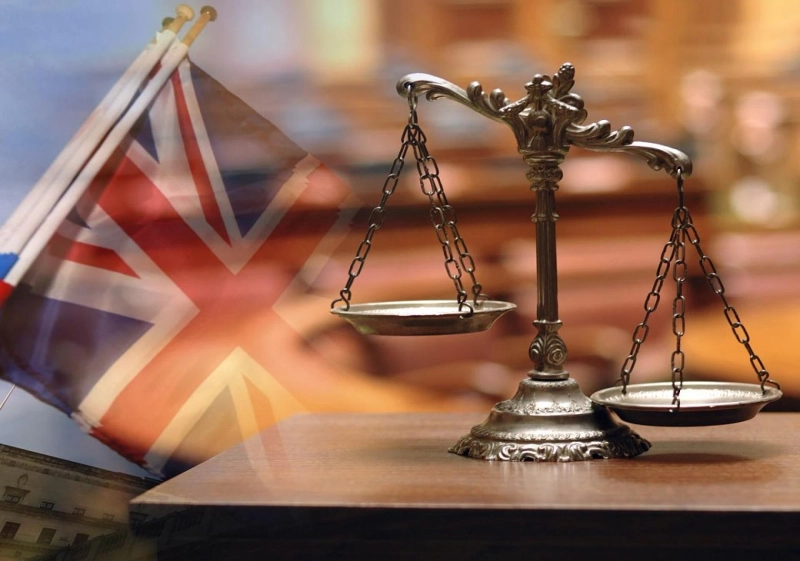The first meeting with a solicitor can be nerve-wracking, especially as you’re probably not sure what to expect. This guide will help you feel prepared and confident at your first consultation.
It’s best to be honest with your solicitor, even if the details are personal or embarrassing. This will ensure that your solicitor can provide you with the best advice possible.
1. Your identity documents
A first meeting with a solicitor can feel daunting and there will probably be a lot of information to take in. It will be far more productive if you leave the meeting with a clear idea of what should happen next. This will ensure that you do not have any nagging questions or lingering doubts that will distract you from getting to the root of your issue.
Before your consultation you should prepare some key documents to send in advance, such as a copy of your passport or driving licence and proof of your address (e.g. a utility bill). You will also need to bring along any other relevant information, such as copies of court orders made or deeds of trust, pre-nuptial agreements and existing parenting plans.
If you are an aspiring law student or legal professional, you may have to answer questions about your background and experience. For example, you might be asked to explain why you want to work at this particular firm or how your previous roles have shaped your approach to law.
It is important to be honest when answering these questions, even if some of the details are personal or embarrassing. The solicitor is there to help you, and they cannot offer sound advice based on half-truths. If you are unsure about a certain term or piece of jargon, ask the solicitor to explain it to you. They should not be offended by your request and will likely be happy to do so, provided that it is not a breach of confidentiality or ethics.
2. Your financial information
It can be a good idea to bring information relating to any financial matters that are in issue if you are separating from your spouse/partner. This includes a summary of assets including estimates of values and who owns each asset as well as liabilities such as mortgages. This will allow your solicitor to start to build up a picture of your current financial position, however, it is important that you do not actively hunt for documentation belonging to your (former) partner as this can be seen as an intrusion into their privacy and they may be able to seek legal action against you for this.
Similarly, if you are setting up a business it can be useful to bring information about the company such as the business name and bank account details. You should also be prepared to explain the type of services that your business will provide and your experience in running businesses in the past, as this can assist your solicitor in providing advice and guidance.
If you feel that there are any issues that are going to be difficult for you to discuss with your solicitor at your first meeting then it may be helpful to bring a friend or relative with you. They can provide moral support and be an extra set of ears, allowing you to focus on what is being said by your solicitor and not worry about what to say next.
3. Your personal details
The first meeting with a solicitor can be an intimidating experience. However, a little preparation can help you feel more confident about the meeting and the outcome of your case.
For example, you may be asked to give details of the legal matter in which you require assistance, such as:
Your solicitor will also need to know your full name (and any other names you go by), your address and phone numbers, as well as any other family members who are involved with the case. You might also be asked to provide a summary of the facts and a timeline of events surrounding your case. This can be useful for establishing the basis of your legal case, as well as clarifying the issues at hand.
You may also be asked to describe your legal experience and why you chose a career in law. You should be ready to give examples of work that demonstrates your breadth of experience, as well as any relevant extra-curricular activities. For example, you could use your experience volunteering with a victim’s rights charity to show your passion for criminal law, or your role as captain of a university sports team to demonstrate your interest in sport law.
You will also be asked questions to test your commercial awareness, including the latest business news and trends in the sector. To prepare for this, you should read the news daily and sign up to legal newsletters.
4. Your contact details
A solicitor will want to have a good understanding of your business so they can help you take the right legal steps. This includes the personnel, physical space(s) and equipment you plan to use, as well as your financial arrangements. If you’re using a bank account, bring the contact details of your representative and payroll arrangements.
You should also bring a list of any previous correspondence you may have with the other side’s lawyer, contracts, financial documents, accident or police reports, and anything else relevant to your case. You may be asked to provide a brief chronology of events, which will help your solicitor understand the facts of your dispute.
It’s a good idea to bring a notepad and pen with you so that you can make notes throughout your consultation. You may also want to have someone with you, particularly if you think you will be asked questions about your personal circumstances or those of anyone else involved in your case.
If you have a UK law degree, you may be asked about your career plans or your reasons for choosing the type of law that interests you. This is a common question in interviews and it’s important to prepare answers that demonstrate your enthusiasm, motivation and commitment. For example, you might want to mention your international experience at work or in volunteering.
Visit the link to learn more: https://www.atoallinks.com/2023/what-is-a-barrister-and-how-do-they-relate-to-uk-law-firms/


